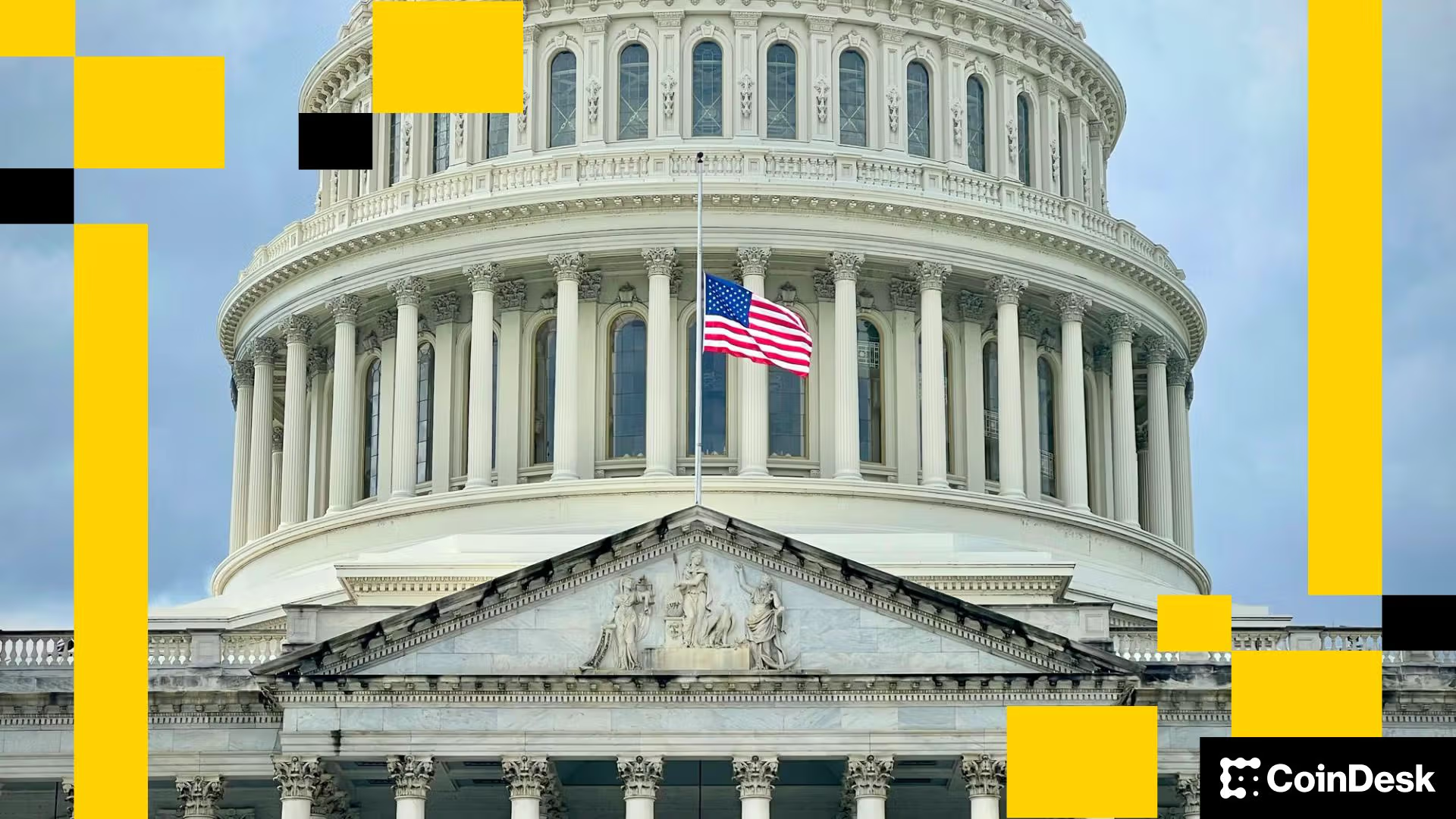Thousands gathered at the Bitcoin 2024 conference in Nashville and waited an hour to hear Republican presidential nominee Donald Trump announce his policies related to cryptocurrency and blockchain should he win reelection in November.
On July 27, before closing out his speech by telling conference attendees to “have a good time with your Bitcoin and your crypto and everything else that you’re playing with,” Trump turned many heads by discussing his administration’s plans for digital assets starting in 2025. Though the former United States President has previously addressed groups to discuss his position on crypto, blockchain, central bank digital currencies (CBDCs), and non-fungible tokens (NFTs), the Bitcoin conference was one of the first public events to do so since Trump secured the Republican nomination.
Producing “tremendous” electricity
“You need double the electricity of the entire electricity that we have right now in the United States to dominate. And we’ll get that done.”
To compete with other countries to mine cryptocurrencies like Bitcoin , Trump suggested that he would ramp up electricity production in the US using fossil fuels and nuclear power, cutting through “ridiculous” regulatory requirements. He did not explicitly say how he intended to incentivize this type of power generation at a time when many countries are looking for greener solutions in response to climate change.
During his time in office, the Trump administration was unable to see any significant infrastructure bill passed through Congress due to disagreements over investments in renewable energy and how the projects would be funded. The results of the 2024 election and whether control of the House of Representatives and Senate will be in Democrats’ or Republicans’ hands is uncertain, but Trump would likely need congressional support to fulfill any promise on electricity production.
According to Mawson Infrastructure Group CEO Rahul Mewawalla, it may be more politically advantageous for US lawmakers to support growth in the country’s electric grid for innovative technologies like artificial intelligence and crypto. However, it’s unclear what the US political landscape would be during a second Trump term.
“Historically, within the last five years, AI data centers and Bitcoin mining combined have 2.5% in terms of consumption of the US electric grid,” Mewawalla told Cointelegraph. “In the next five years, that’s expected, predominantly driven by AI, to go up from 2.5% to 20%. That’s a pretty radical shift.”
Mining all Bitcoin in the US
“If crypto is going to define the future, I want [it] to be mined, minted and made in the USA. It’s going to be. It’s not going to be made anywhere else.”
Trump reiterated a pledge to his supporters on social media in June after meeting with the heads of several crypto mining firms, calling for “all the remaining Bitcoin to be made in the USA.” While many industry leaders have supported the sentiment of such a claim, others have pointed out that having all Bitcoin mining in the US would likely be a difficult or impossible order, whether someone is the US president or not.
In a June 13 X post, Shapeshift founder Erik Voorhees said Trump’s statement betrayed “both a lack of understanding of Bitcoin, and a lack of understanding of economics broadly.” According to data from the Cambridge Bitcoin Electricity Consumption Index, the US was responsible for roughly 38% of BTC mining worldwide, with a majority of countries contributing to the hashrate.
Fire SEC Chair Gary Gensler
“On day one, I will fire Gary Gensler and appoint a new SEC chairman.”
Very few US presidents have “fired” the head of regulatory bodies like the Securities and Exchange Commission or Commodity Futures Trading Commission, mainly because when there is a change in administration with a different political party, chairs tend to announce they will be stepping down. Gensler’s term ends in June 2026, so if he chose to stay on a year into a potential Trump presidency, he would have to be fired for cause, according to Reed Smith partner Jon Ammons.
According to Ammons, SEC guidelines do not specifically detail the reasons a US president may dismiss a chairperson or commissioner, but court cases suggest “inefficiency, neglect of duty, or malfeasance” may be used to cite cause. Whether Trump could make a case that Gensler met these requirements for his enforcement actions against crypto firms is questionable, but may be a moot point.
Many previous SEC chairs have usually resigned “where there is a political split” between administrations, even if time remains in their terms. Mary Jo White, the SEC chair during President Barack Obama’s second term, announced after the 2016 Presidential Election that her last day at the commission would be on Jan. 20, 2017 — Trump’s inauguration day.
“It just wouldn’t be necessary for [Trump] to fire Gensler,” Ammons told Cointelegraph. “Because it’s highly unlikely that Gary Gensler would be there when Donald Trump took office if he did.”
Sweeping policies
“As president, I will immediately shut down Operation Chokepoint 2.0. [...] Upon taking office, I will immediately appoint a Bitcoin and crypto presidential advisory council. [...] I will immediately order the Treasury Department and other federal agencies to cease and desist all steps necessary [for] a central bank digital currency.”
Some of the more significant policy changes Trump said he intended to enact as president if reelected would include a regulatory framework for stablecoins and blocking any CBDC development at the Treasury Department. While US presidents may encourage lawmakers within their own party to draft legislation or sign executive orders — as President Biden did for digital assets in 2022 — Trump was in office from 2017 to 2021 and did not suggest any of these policies were a priority at the time.
“Trump did nothing for crypto during his four years in the White House,” North Carolina Representative Wiley Nickel told Cointelegraph. “I’m certainly glad that he’s changed his position and is willing to say things that are better and more productive. [...] Most of what I heard, you’re going to need Congress to help with.”
Commute Ross Ulbricht’s sentence
“I repeat my pledge to commute the sentence of Ross Ulbricht to a sentence of time served.”
The creator of the Silk Road marketplace, Ross Ulbricht, is serving two life sentences without the possibility of parole after being found guilty of seven felony charges in 2015. The platform allowed users to buy and sell illicit products, including drugs, stolen credit card information and weapons, attracting the attention of authorities.
There is no question that any US president, while in office, has the authority to pardon someone for federal crimes, whether or not they have been charged, convicted or sentenced, or commute their sentence if they’re currently in prison. From 2017 to 2021, Trump granted 237 acts of clemency.
It’s unclear whether Trump would commute Ulbricht’s sentence if he were to retake the White House in 2025, given that he did not do so during his first four years in office. Reports at the time suggested that Ulbricht’s name crossed the former president’s path after he lost the 2020 election to Joe Biden, but he ultimately did not grant a pardon or commutation his last two months in Washington. Nor did he pardon WikiLeaks founder Julian Assange, who was indicted with alleged violations of the Espionage Act during Trump’s term but reached a plea agreement with authorities in 2024.
With a commutation, Ulbricht would be released from federal prison with time served, and his criminal conviction would remain on his record. With a presidential pardon, the Silk Road founder wouldn’t have his conviction completely expunged but would regain certain civil rights such as voting, owning a firearm, holding office or sitting on a jury.










All Comments